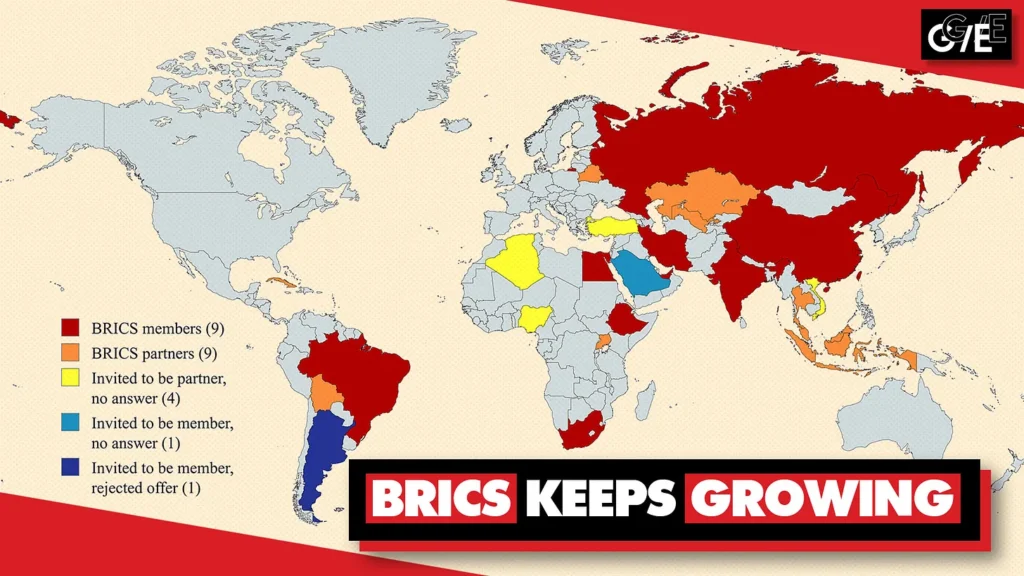In a recent assertion that has sparked widespread discussion, President Donald Trump claimed that he inherited a severely troubled economy from his predecessor Joe Biden. However, data and expert analysis suggest a starkly different narrative, pointing to robust economic performance during Biden’s tenure.
During a recent marketing event for Tesla and in a national address to Congress, Trump painted a grim picture of the economic landscape, describing it as an “economic catastrophe” and an “inflation nightmare” inherited from Biden. Yet, key economic indicators tell a contrasting story. At the end of Biden’s presidency, the United States boasted an unemployment rate of 4.1%, with jobless rates consistently lower than during any administration since the 1960s. Inflation, while a concern, had significantly decreased to 2.9%, aligning closely with the Federal Reserve’s target.
Under Biden, the economy experienced impressive growth, with the GDP rising at a steady rate of 3.1%. This outpaced growth in other advanced economies in the G7, including the UK, France, and Germany. Notably, Biden’s administration facilitated the creation of 16.6 million jobs, the most for any presidential term in American history. In contrast, Trump’s first term resulted in a net job loss of 2.7 million, predominantly due to the pandemic, but also reflecting slower job growth even before the pandemic hit.
Moreover, Biden’s focus on manufacturing revitalization led to the creation of 750,000 factory jobs, bolstered by legislative measures such as the green jobs initiative and the Chips Act for semiconductor production. This marked a significant reversal from the decline in manufacturing jobs seen under previous administrations.
Economists and analysts have been vocal in challenging Trump’s claims. Paul Krugman, a Nobel laureate, characterized the economy Biden left as near “a Goldilocks economy,” where conditions were largely optimal. Mark Zandi of Moody’s Analytics echoed this sentiment, describing it as the “envy of the rest of the world” post-pandemic.
One of the consistent bright spots during Biden’s presidency was the stock market, which saw substantial gains. The Dow Jones Industrial Average increased by 39%, and the S&P 500 surged by 55.7%, including a significant rise in 2024 alone. In comparison, the stock market has seen turbulence under Trump’s current administration, influenced by his aggressive tariff policies.
While the Biden administration did face economic challenges, such as housing affordability issues and initial spikes in inflation due to global supply chain disruptions and geopolitical tensions, these were largely mitigated by the end of his term. Nonetheless, the narrative put forth by Trump appears designed to preemptively shift blame should the economy falter under his leadership.
As Trump’s trade policies raise concerns of a potential recession, his frequent assertions of having inherited a troubled economy seem aimed at building a scapegoat in the event of future economic downturns. This strategy reflects a broader pattern of diverting accountability, a characteristic noted by both supporters and critics alike.
While Trump continues to publicly criticize the economic conditions under Biden, the data and expert analyses suggest a contrary view, indicating a period of economic health and growth that stands in stark contrast to Trump’s assertions.



